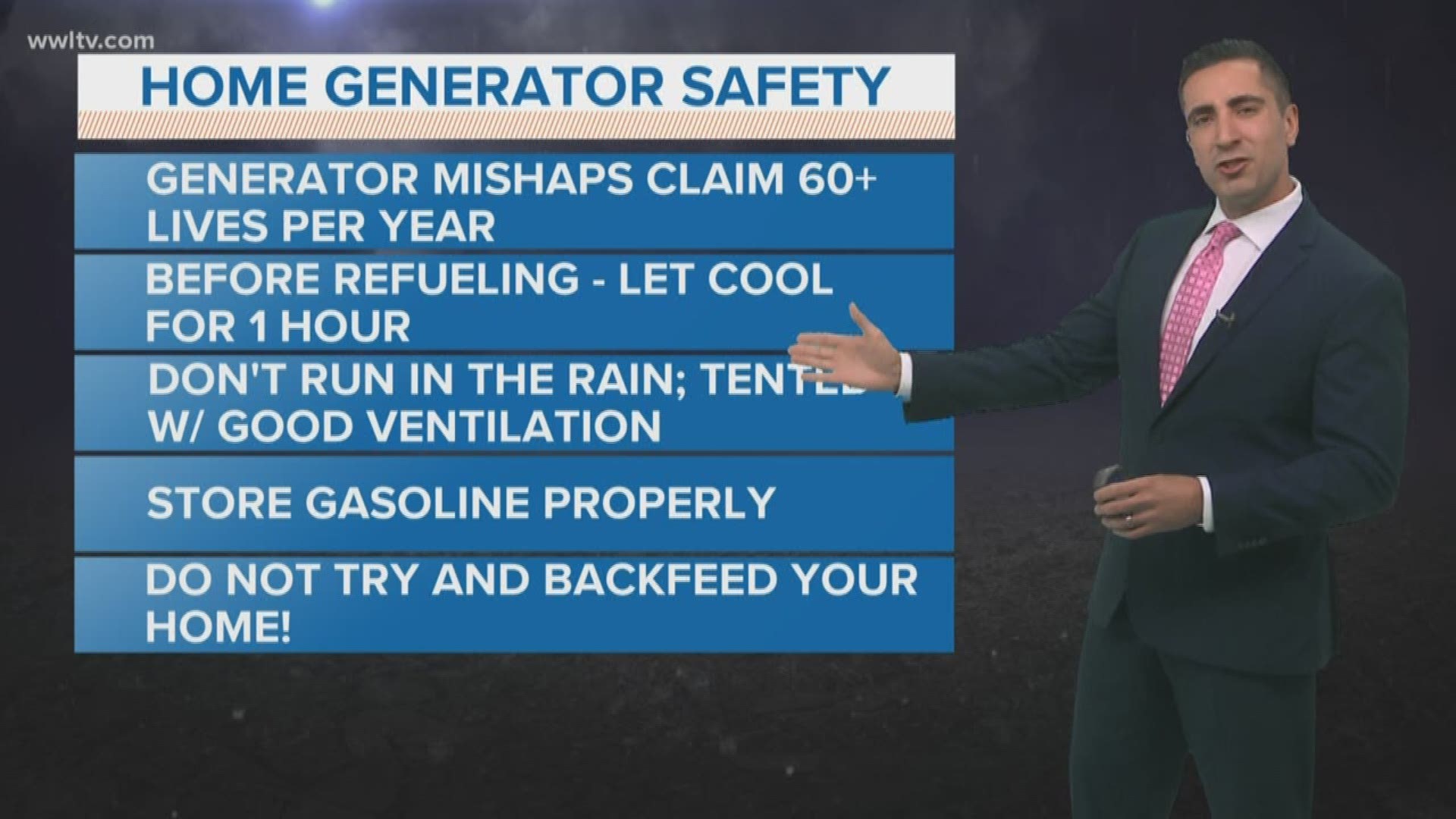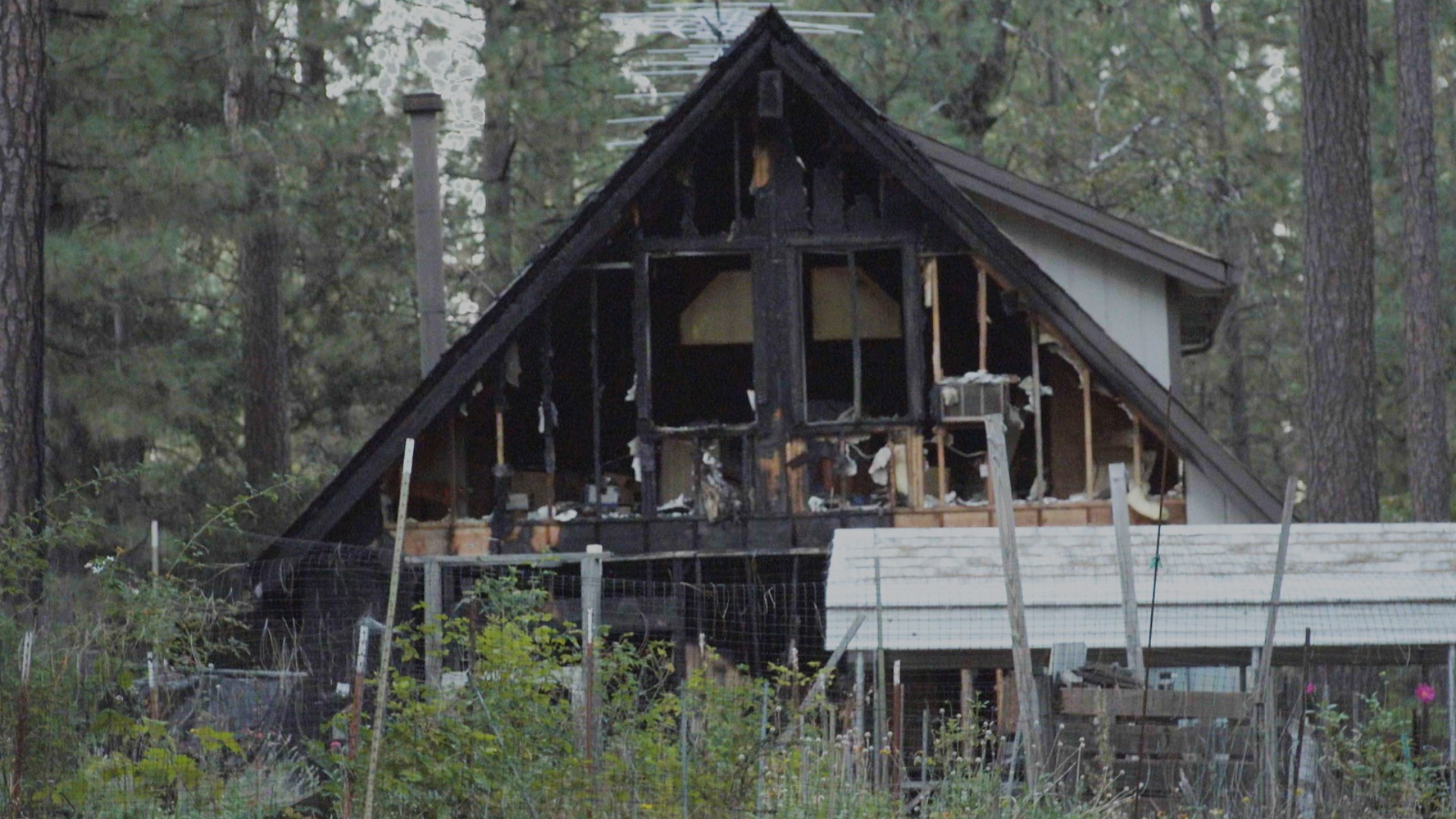MAINE, Maine — Thousands of people in Maine are without power on Thursday, October 17, due to a powerful nor'easter that left many Mainers reliant on portable generators to keep the power running.
As of 11:15 a.m., 60,552 Central Maine Power customers are without power and 40,156 Emera Maine customers are in the dark.
If you are using a generator in the aftermath of Thursday’s powerful storm, which packed 60-mph wind gusts and heavy rain, the Federal Emergency Management Agency wants you to be aware of the dangers associated with generators and has provided these important safety tips.
According to FEMA, using a portable generator improperly can cause carbon monoxide poisoning, electrocution, and fire.
To avoid carbon monoxide poisoning:
Never use a generator indoors or in partially enclosed spaces including homes, garages, and crawl spaces.
Do not operate near open doors and windows.
Remember that carbon monoxide fumes can be fatal. It is odorless, and people may not be aware of its presence.
How to avoid electrocution or an electric shock:
Always connect the generator to the appliances with heavy-duty extension cords. Hooking up your generator directly into your home power supply could increase the voltage or could cause a surge to the outside power lines and potentially injure or electrocute an unaware utility lineman. It also bypasses some of the built-in household circuit protection devices.
Avoiding starting a fire:
Keep your generator outside and fuel your generator outside. Never store fuel near a fuel-burning appliance, for example, a gas stove.
If the fuel is spilled or the container is not sealed properly, invisible vapors from the fuel can travel along the ground and be ignited by the appliance's pilot light or from the electric switches.


